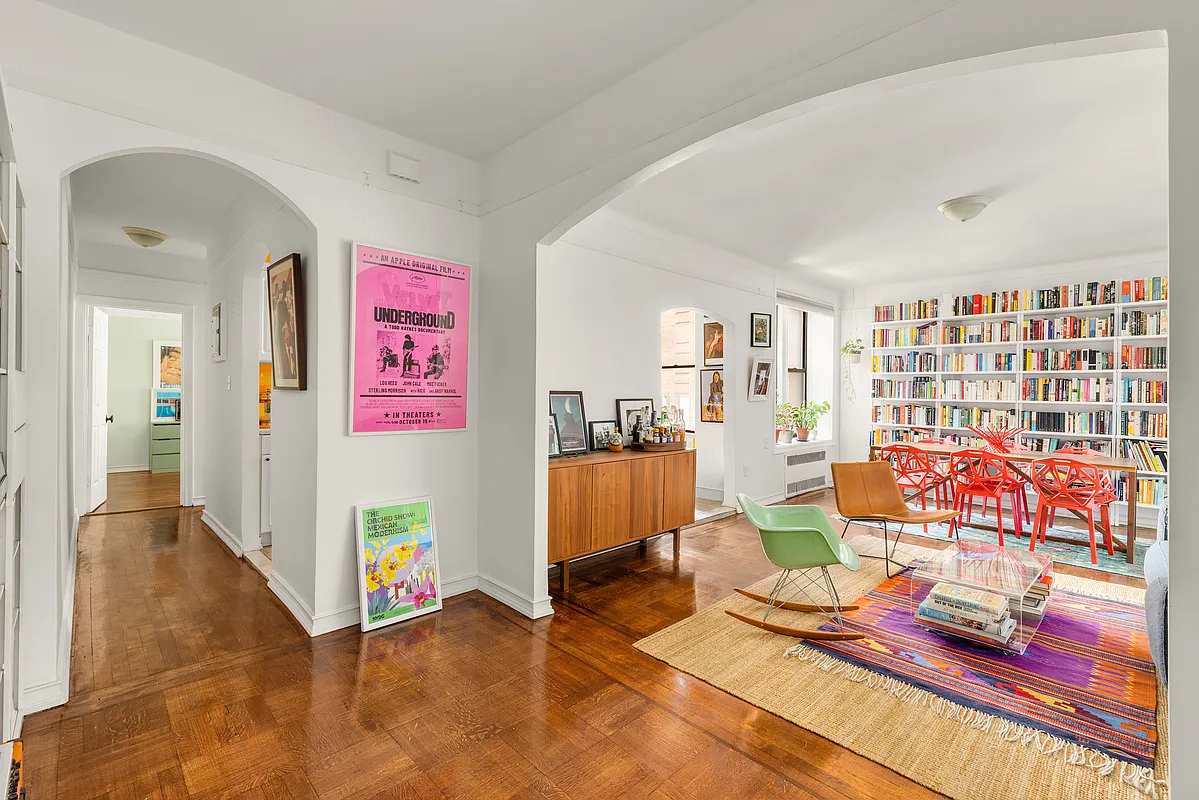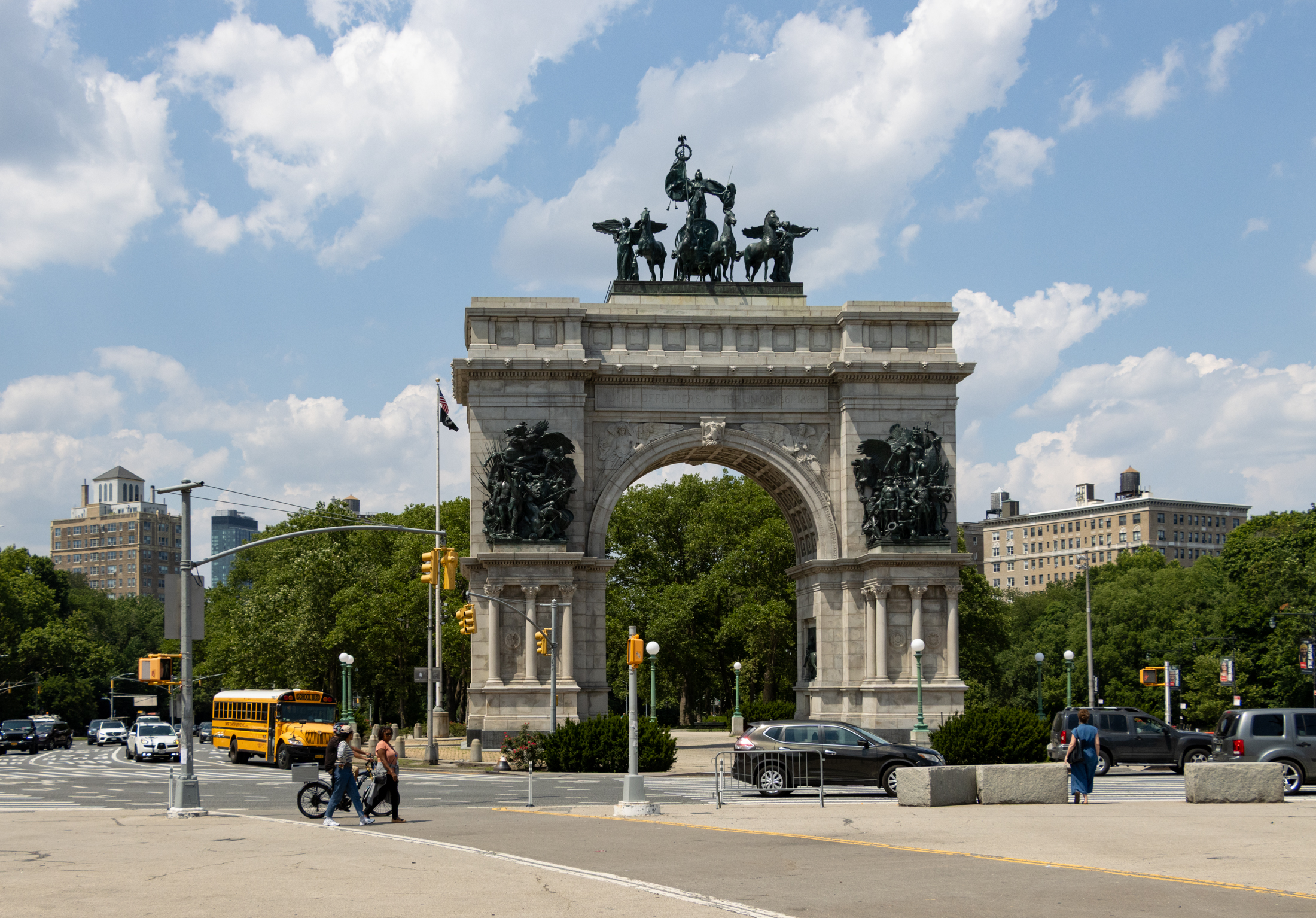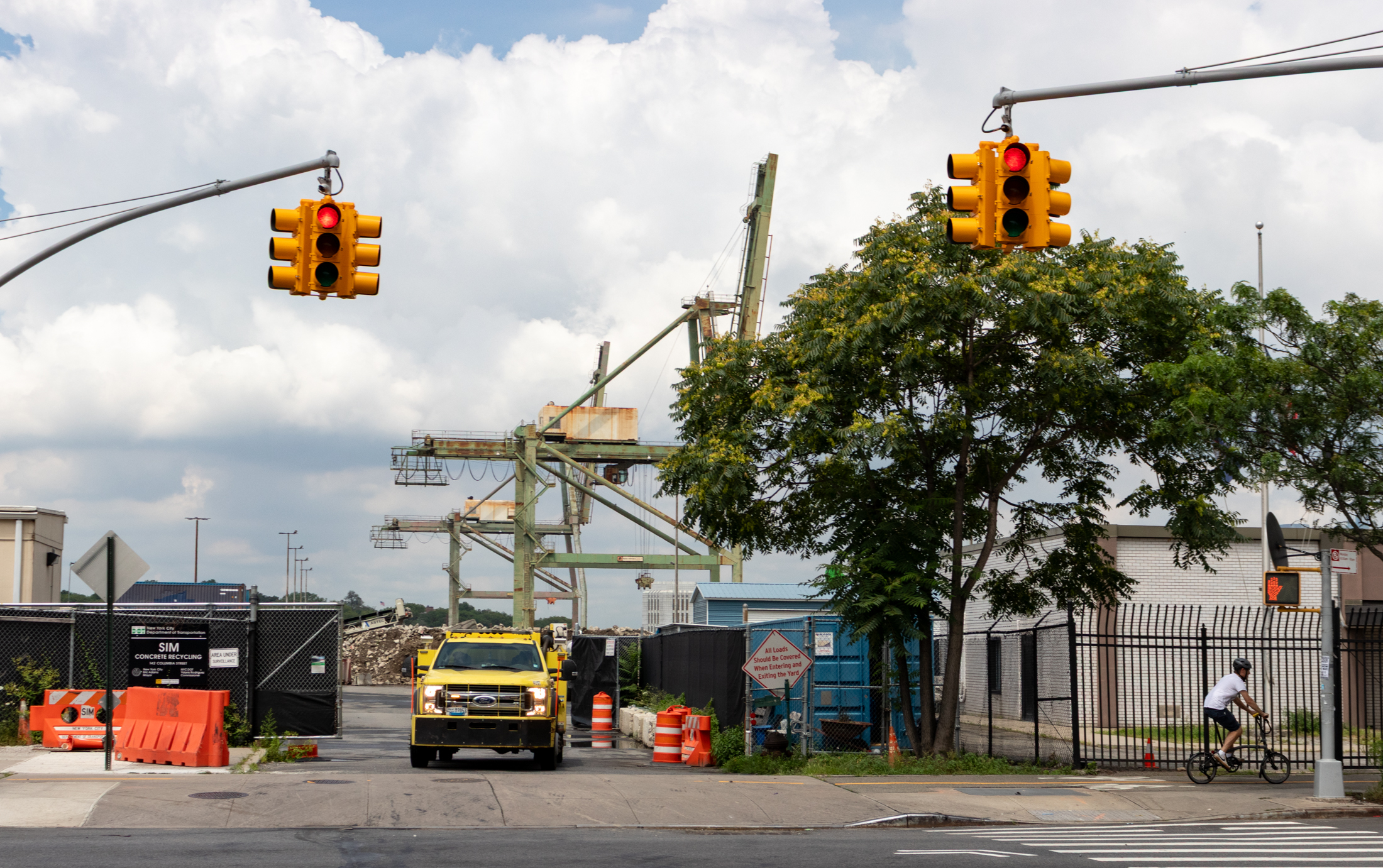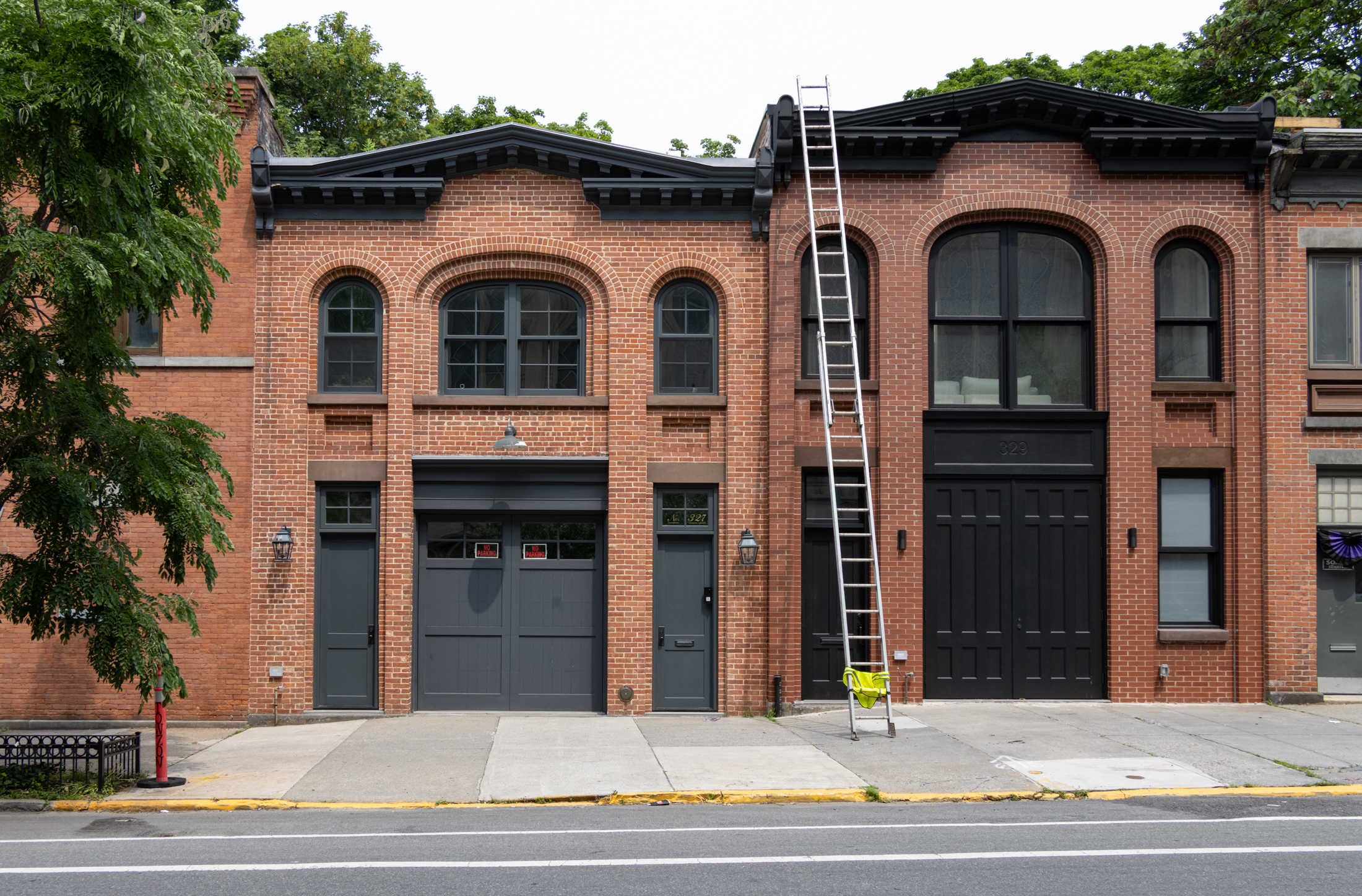Mass Eviction by Owner to Occupy Tenement
A couple is trying to evict all of the tenants in the 15-unit rent-control building at 47-49 East Third Street in the East Village under a loop hole in rent laws that allows for such evictions in the case that the owner plans to use the space for himself. According to this article, the claim…

 A couple is trying to evict all of the tenants in the 15-unit rent-control building at 47-49 East Third Street in the East Village under a loop hole in rent laws that allows for such evictions in the case that the owner plans to use the space for himself. According to this article, the claim has to pass the “giggle” test, i.e. the landlord must prove his good faith intention to live in apartments he is seeking to evict the tenants from. While hard stats are hard to come by, one lawyer who specializes in these cases estimates that landlords were on the losing end only a quarter of the time. In the rest of the cases, tenants were forced out after receiving a low 5-figure settlement.
A couple is trying to evict all of the tenants in the 15-unit rent-control building at 47-49 East Third Street in the East Village under a loop hole in rent laws that allows for such evictions in the case that the owner plans to use the space for himself. According to this article, the claim has to pass the “giggle” test, i.e. the landlord must prove his good faith intention to live in apartments he is seeking to evict the tenants from. While hard stats are hard to come by, one lawyer who specializes in these cases estimates that landlords were on the losing end only a quarter of the time. In the rest of the cases, tenants were forced out after receiving a low 5-figure settlement.
It’s hard to take this family’s claim that they need 11,200 square feet to themselves seriously, but as the real estate market has heated up, the number of these types of cases has been increasing for obvious reasons. And while it’s impossible not to empathize with those being displaced, ultimately we think the problem lies with the rent control law itself, an economically unsound social policy that raises the overall cost of housing in this city. We have no problem with the decision as a society to subsidize the housing costs of certain portions of the population–the elderly, handicapped, etc.–in fact, we support it in such clear-cut cases. But rather than forcing individual landlords to absorb that cost on a random basis, we think market rates should be allowed to prevail and the government should give the members of the subsidized population direct payments to help pay their market rents (or pay the landlords directly). That would avoid situations like a friend we know who inherited his family’s rent control 10-room Park Avenue apartment that he still pays less than $2,000 a month for and do a better job of making sure the subsidies get to the right people. The current system is fraught with inefficiencies and invites the kind of corner-cutting on display in this article. That’s what we think, anyway.
Everybody Out? [NY Times]





This thread just goes to show how much the anti-regulation forces in our midst have infiltrated the debate on rent regulation. They make it out to be an all or nothing choice between the horrible inequities of our current system, and the beautiful fair utopia of the so-called “free market.”
No one with a straight face can argue that our current system is fair and equitable. This does not mean the the free market is the only answer. If we, as a society, think that there should be some protection for renters, or that housing is not the same as widgets, then society should fairly allocate that cost. We already have a system in place where elderly tenants can apply for protections against rent increases. What’s the difference you might ask? The difference is that the landlord does not pay for this, but it instead is paid by all of us in the form of tax relief for the landlord. To me, this seems fair. We know that the tenant is needy, because they are required to document this, and the landlord is not bearing the burden. I don’t know why this couldn’t work on a larger scale. And before you say it would be too difficult to administer, remember that the current system is very easy to adminsister, but to what end?
In the end, though, we will never have the debate required for any fair system of regulation to be enacted. The foes of rent regulation are not really foes of rent protections, but foes of any regulation at all. The free market is a religion to them, and they will not stray from the fold. As it stands, rent regulation is slowly being phased out, and there is no popular or political will to change the system. I don’t know what it will bring, but I do know that the foes of regulation will have nothing to turn to if the society they longed for isn’t exactly what they had in mind.
Defenders like to point out that developers are “free to build apt bldgs without controls”. But that is a seriously flawed way to look at it. While technically true, developers have to build and price for a competitive market. They have to keep their cost structures in line with the competition. If the government artificially offers to lower development costs (thru tax incentives), this creates a situation where developers who opt out could be at a distinct disadvantage. The developers are only acting rationally in the face of a govt distortion of the market forces.
Participation in the govt incentive program does not equate to endorcement. If a gun is held to your head and you hand over the cash, that does not make you an accomplice to the crime. I know it’s an extreme example, but WTF – rent regulation is an extreme policy.
I bet many people know tenants in rent controlled/stablized apartments whose income level makes a mockery of the law. I met a couple last weekend – both working professionals, no kids – who pay $600 rent and have ploughed the savings into a vacation home in the Hamptons! Yeah, maybe my post is somewhat prompted by envy but surely rent controlled/stablized apartments (for the purposes of this point I don’t think the difference matters) should be allocated on a means-tested basis? I’m all for affordable housing for people who really need it but what about those, clearly, who don’t?
I’m defending the system and I’m not a renter.
Have just skimmed the Cato report (and Joshyablon idiotic claim can reduce rents in half).
Arguments by Cato are full of holes -comparing low rents of no control cities such as Pheonix, Houston and other places that bare little resemblance to NYC. Guess what folks – cost lots more to buy house, condo whatever here too –
How they forget supply/demand principles so quickly.
And also – gets lost in their argument that developers are free to build apts. here in NYC with NO CONTROLS.
Yes! I would love to see more articles and studies on this subject from apartment building owner trade groups and libertarian/right-wing political think-tanks!
The only people who defend NYC’s rent regulation laws are those lucky enough to have rent regulated apartments.
Are you kidding?
I’m the Soho landlord.
Of course I’ve made lots of major capital improvements and received the rent increases. I’m not an idiot. These are extremely valuable buildings.
I take very good care of them and live in one of them myself.
Oh yes, everything you learned in Economics is absolute fact and can be directly applied to the real world.
If this guys ‘RC’ tenants pay only $100month and RS $600 there is most likely a ‘history’ behind these levels……somewhere down the line maybe
(and not saying current owner) rent increases were disallowed because services/maint. withheld or didn’t bother increasing rents. And probably hasn’t made a 1$ worth of capital improvements.
Those are hardly typical RC or RS rents.
So question – why Mr. Landlord did you ever make such a savvy investment?
And even if this claim is accurate – can illustrate that there are inequities. Does not prove that
purpose and effect of system has detrimental to city/citizens.
iceberg,
That was the best explaination of the rent reg system in NYC I have ever read.
thanks